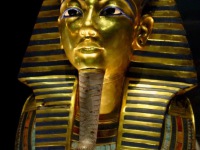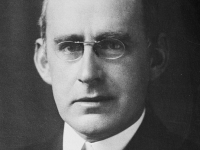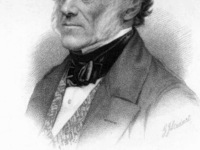Man is Man’s Wolf – Thomas Hobbes and his Leviathan
On December 4, 1679, Thomas Hobbes passed away. The philosopher of the Age of Enlightenment and the political theorist of the Absolutism is probably best known for his 1651 book Leviathan that established the foundation for most of Western political philosophy from the perspective of social contract theory. “I know not how the world will receive it, nor how it may reflect on those that shall seem to favor it. For in a way…
Read more











